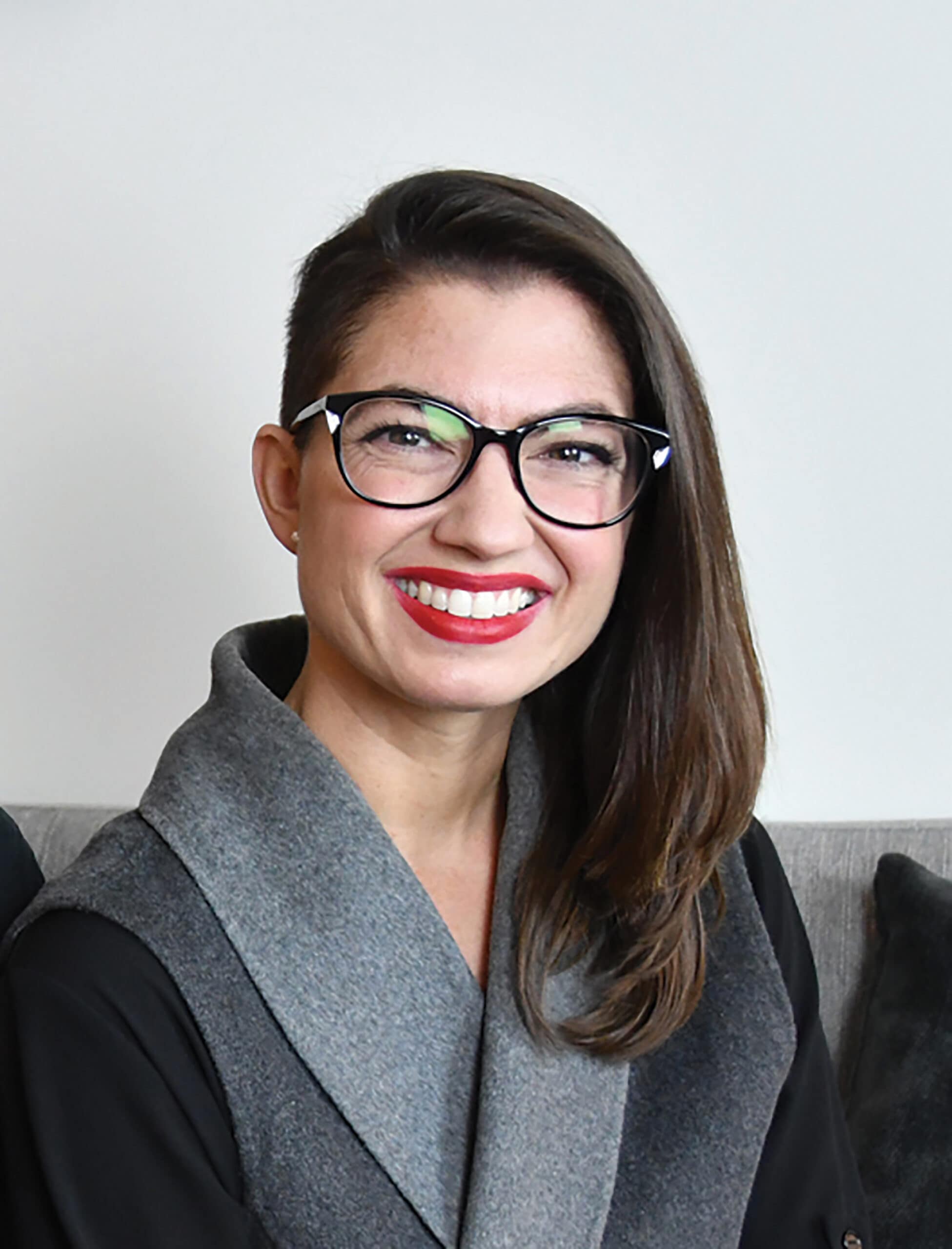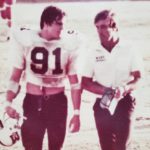In 2013, with a single plot of land in East LA, ALMA Backyard Farms co-founders Erika Cuellar and Richard Garcia started with the small goal to help feed five families that included formerly incarcerated individuals, in an effort to help them rebuild their lives.
Today, they operate four urban farms in the Southeast regions of Los Angeles, including two locations in San Pedro.
Meeting in the early 2000s, Erika and Richard forged a partnership (now marriage) while working at Homeboy Industries. During his time as a pastoral minister, Richard recalls visiting inmates and the stories they shared. “I learned to cultivate my listening and really listen. And what I heard over and over was people’s desire to come home.”
They recognized the potential and power of reclaiming land and transforming it into a space that provides nourishment and growth — through food and connection — and established a home for formerly incarcerated individuals to start their re-entry back into their community.
I recently sat down with Erika and Richard to discuss their journey.
What drew you to the work, and why did you choose San Pedro?
Richard: I was a 17-year-old student, and Father Greg Boyle (Homeboy Industries) spoke at my high school. That was it. All I remember is that I wanted to be like him, to do what he was doing. I joined the seminary, and I visited prisons and I listened.
Erika: These individuals we worked with, they wanted a place to come to, to work, and to be able to return home again — to their communities and to themselves. At Homegirl Café, we started focusing on gardening, and that became the vehicle to which they build connections — growing food empowered them and provided nourishment and health in a way they had not ever experienced.
We choose locations where there is food insecurity and neighborhoods impacted by the justice system. Similar to East LA, there was a desire in San Pedro for a third space, a space outside of home and work that neighbors returning home could come to rebuild, reclaim, and reenter — a safe haven.
What are you most proud of?
Richard: We want anyone who comes to our threshold to know we will stand with them shoulder to shoulder — that’s our approach. People are so much more than their biggest mistake. One of our program participants, a former gang member, made a cathartic observation about her own journey and transformation, “Today, I’m planting life where I once was going to take it.” A lot of life, at various stages, happens at the farms.
Erika: We’re doers. The farms were a dream and one we could envision even before we had fully realized what they could become, and what impact they could make. The dream becoming a reality. That’s something we can be proud of every day.
What are some of the challenges standing in your way?
Richard: We need a paradigm shift, a cultural shift, moving from talking about solutions to taking action. The ‘not in my backyard’ mentality also needs to change. What we are doing is going to impact generations — help them be healthier, safer, and build stronger communities where people want to be around one another and connected to one another.
Erika: Policymakers can’t make decisions without experiencing the groundwork. They need to see and feel the impact in order to fully understand. When we feed people, nourish them, and help them connect, they thrive.
_________________________
During our chat, Richard talked about the idea of breakthroughs — when people see themselves differently, as capable. When we have faith in people, they have faith in themselves.
ALMA Backyard Farms runs a farmstand every first and third Sunday of the month from 8 a.m. until noon at their Compton location. They sell organic and locally grown fruits and vegetables.
To learn more, visit almabackyardfarms.com. spt







Comments